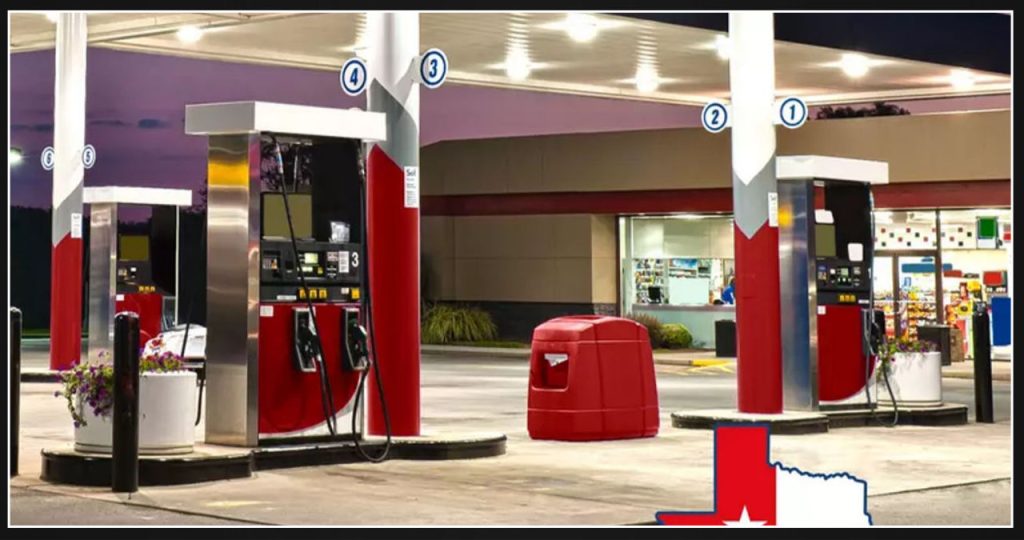Houston, Texas and the rest of the country are set to witness more changes in the near future. In a recent announcement, one of the leading global oil companies disclosed its intentions to realign its priorities, which will result in the closure of over 1,000 gas stations. This move is expected to have a ripple effect throughout the nation.
Shell recently released its Energy Transition Strategy 2024 report, revealing its plan to close approximately 1,000 stations within the next few years. This process will extend into 2025.
Oil Company to Close 1,000 Gas Stations To Make Room for EVs
This Article Includes
InsideEVs reports that there are plans underway to enhance the range of services available for electric vehicles (EVs).
From the report, “We are upgrading our retail network, with expanded electric vehicle charging and convenience offers, in response to changing customer needs. In total, we plan to divest around 500 Shell-owned sites (including joint ventures) a year in 2024 and 2025.”
According to the report, Shell has plans to install approximately 70,000 public charging points by 2025 and around 200,000 by 2030. This indicates a significant shift that could impact a wide range of individuals.
According to data from the U.S. Department of Energy, Texas is taking the lead in EV adoption.
Texas leads the way in EV adoption.
As of July 2023, California and Florida stand out as the only states with a higher number of registered EVs. Nevertheless, the limited infrastructure remains one of the major hurdles for EV adoption. However, it seems that Shell aims to tackle this challenge head-on.
Those who are familiar with Houston’s climate action plan will not be surprised by this. The plan includes a proposal to switch all nonemergency, light-duty municipal vehicles to electric vehicles (EVs).
In order to achieve our long-term goal of carbon neutrality by 2050, ambitious, interim targets were established to keep us on track. Using these targets as a roadmap, the CAP aims to reduce Houston’s base year emissions (33,414,134 tonnes CO2 e in 2014; city-induced framework) by at least 40% by 2030 and at least 75% by 2040.
Also Read:
- Fatal house fire claims life of woman in Montgomery overnight
- Life Sentence Handed Down to Alabama Man for ‘Seven Deadly Sins’ Murders
